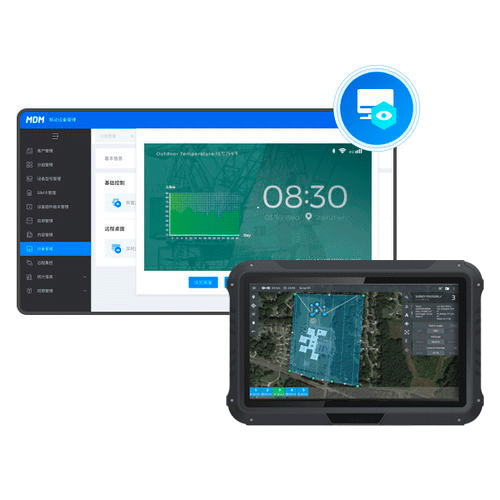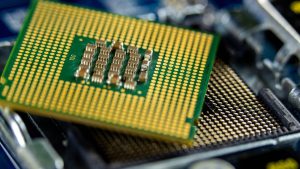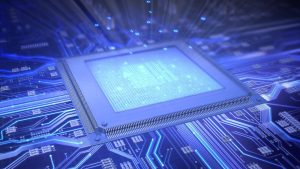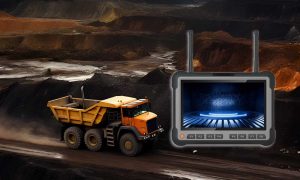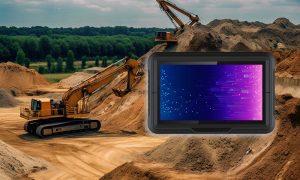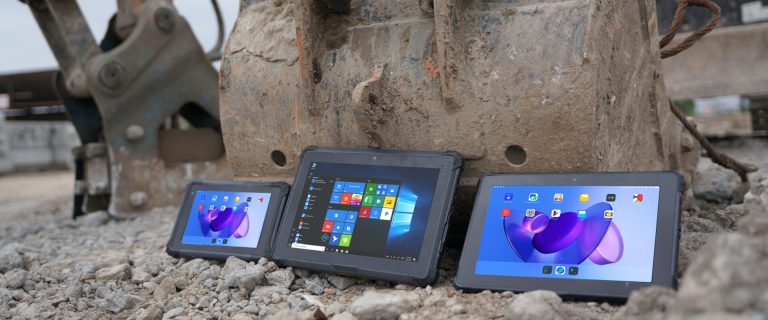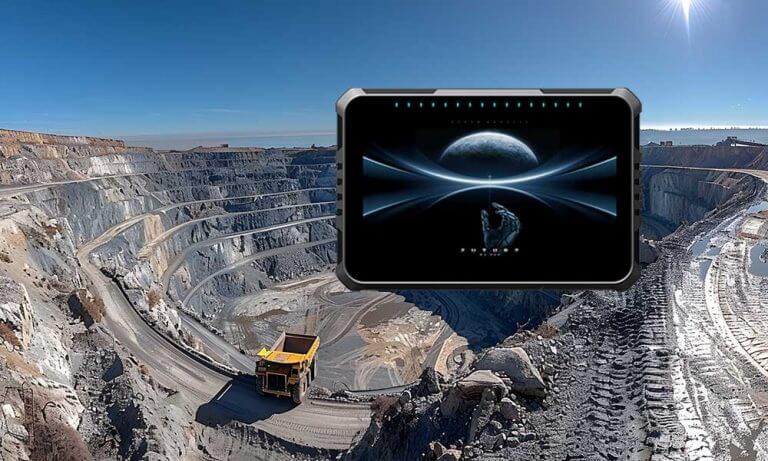Modern vehicles rely heavily on computers, not just for entertainment features like GPS navigation and in-dash music systems. Embedded computers play a crucial role in various aspects of a car’s operation, performance, and safety. Here’s a breakdown of how computers are embedded in vehicles:
Electronic Control Units (ECUs):
The brains behind the operation are Electronic Control Units (ECUs). These are specialized computers designed to monitor and regulate specific vehicle subsystems. A single car can have dozens of ECUs, each handling a crucial function such as:
- Engine Control Unit (ECU): Manages air-fuel mixture, spark timing, and other engine functions to optimize performance, fuel efficiency, and emissions.
- Transmission Control Unit (TCU): Controls automatic transmission gear shifts for smooth and efficient operation.
- Anti-lock Braking System (ABS) Control Unit: Prevents wheel lockup during braking, maintaining vehicle control in emergency situations.
- Airbag Control Unit (ACU): Detects collisions and deploys airbags in milliseconds to protect occupants.
- Body Control Module (BCM): Manages various electrical components like lights, windows, wipers, and door locks.
Communication Networks:
ECUs don’t operate in isolation. A network of wires and protocols allows them to communicate and share data. This enables functions like:
Sensor Data Collection: Sensors throughout the vehicle feed real-time data (temperature, pressure, etc.) to the relevant ECUs.
Cooperative Control: ECUs can work together based on sensor data. For example, the Engine Control Unit might adjust engine performance based on input from the ABS Control Unit during hard braking.
Drive-by-Wire Systems:
Traditional mechanical linkages are increasingly replaced by drive-by-wire systems. Here, electronic signals from sensors and driver inputs control vehicle functions:
Steer-by-Wire: Steering wheel movements are translated into electronic signals that control electric motors for steering, eliminating the need for a physical connection between the wheel and tires.
Electronic Throttle Control: The accelerator pedal electronically controls engine throttle position, replacing a mechanical cable linkage.
Benefits of Embedded Computers in Vehicles:
The widespread use of embedded computers in vehicles offers several advantages:
Improved Performance: Precise control over engine and transmission functions optimizes performance and fuel efficiency.
Enhanced Safety: Advanced driver-assistance systems (ADAS) like lane departure warning and automatic emergency braking rely on computer processing.
Greater Comfort: Electronic control of features like climate control and heated seats improves passenger comfort.
Reduced Emissions: Optimized engine performance helps minimize harmful emissions.
Diagnostic Capabilities: Onboard computers can diagnose problems and alert drivers to potential issues.
The Future of Embedded Computers in Vehicles:
As technology advances, the role of embedded computers in vehicles will continue to grow.
Expect to see:
Increased Automation: Self-driving cars rely heavily on powerful computers for perception, decision-making, and vehicle control.
Advanced Connectivity: Vehicle-to-everything (V2X) communication will allow cars to communicate with infrastructure and other vehicles for improved safety and traffic management.
Personalized Experiences: In-vehicle computers will become more sophisticated, offering personalized experiences like driver profiles and customized in-car entertainment.
Embedded computers are fundamentally changing the way cars operate and how we interact with them. Their role will only become more prominent as vehicles become more complex and autonomous.


